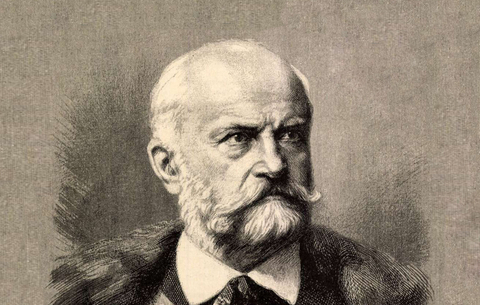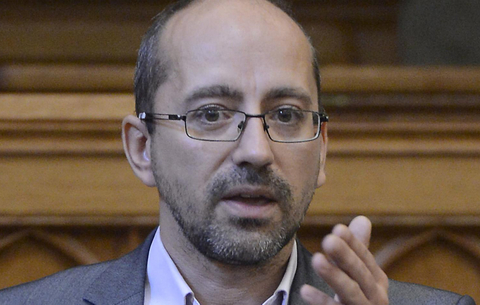Interview
Hungary's government recently increased its budget deficit targets for 2006 and beyond, after the EU required to...
Hungary's government recently increased its budget deficit targets for 2006 and beyond, after the EU required to include government spending on highway constructions. How realistic is the original plan to introduce the euro in 2010?
Any chance of meeting that target date has now effectively gone. The sizeable austerity package that would be required in 2007-08 appears both politically implausible and economically undesirable.
If not, what could be an ideal target date? What do you think about the alternatives: 2012, 2013, even 2016?
2012 may well be the target both this government and the next set on to avoid appearing the laggard in a regional context. 2012 could be realistic - we expect Hungary narrowly to meet the Maastricht criteria in 2010, in time for a positive assessment in 2011. However, there would be a strong risk of a delay to 2013, not least due to the possibility of some election-related fiscal loosening in 2010.
Is it a well founded fear that introducing the euro after 2010 would weaken Hungary's competitiveness and harm local exporters? Generally speaking, what would be the pros and cons of delaying the euro's adoption ?
The effect on competitiveness will depend to a considerable extent on the exchange rate at which Hungary finally joins the euro. In the current political climate in the EU, manufacturing lobbies in EU-15 states would be likely to press hard for the forint to merge with the euro at a high rate to curb export competitiveness. That risk should diminish with time.
There are also other good economic arguments for delaying euro adoption. The economic straitjacket of the euro is arguably not really appropriate for transition states. In particular, inflation in less-developed, fast-growing economies tends for structural reasons to be relatively high prioritising disinflation to Maastricht levels could seriously damage the economy by stifling productivity increases and economic growth.
The forint has weakened following the news about required changes in the budget deficit targets. Analysts expect further fall due to future uncertainties in the budgetary policy. How would the postponement of the euro impact the forint exchange rate? Do you expect the forint to become a prime target for speculators if the euro introduction will be the latest among the new accession countries?
We expect the forint to weaken markedly into next year but that will be as much due to uncertainty ahead of the election and a less supportive international environment as to the postponement of the euro area target. Later, even if the Czech Republic and Poland join the euro area a year or two ahead of Hungary, there will be little impact on the forint provided Hungary's convergence is firmly on course by that stage.
With a widening budget deficit and increased state debt, Hungary's external financing needs will necessarily rise. In your opinion, how do foreign investors evaluate the Hungarian market in the present circumstances? External financing of the central budget will be more expensive - do you have any idea of the extra cost?
Investor interest in Hungary remains strong both because of interest-rate differentials and the still-good longer-term prospects for economic convergence. However, rising risk factors internationally could quickly prompt a change in investor sentiment. External financing is likely to become more expensive for Hungary, but it is hard to say just how much of the increase will be down to concern over the wider budget deficits.
The government could limit the costs by issuing most of the extra debt in the next few months, while international interest rates remain favourable (although that would involve significant exchange-rate risks, as there is a chance that the forint might subsequently take a sharper-than-expected fall).









